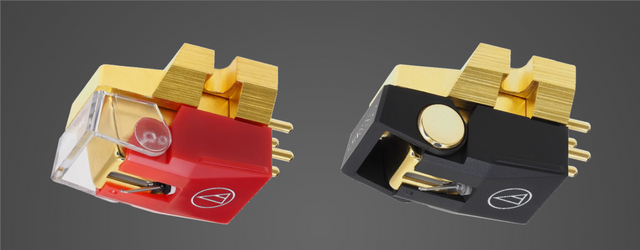Ive seen a few people write this phono stage pre off over the measured performance of the high pass filter...can anyone explain the reasoning?
i think is simple .... the filter have -1dB at 70dB and -2dB at 50Hz.
Do you want your bass response attenuated by 2dB at 50Hz ... and then more and more? Yes, question answered. You don't.
Normally, high pass filters for phono preamps only attenuates more lower octaves. I would not use that filter, for sure.


